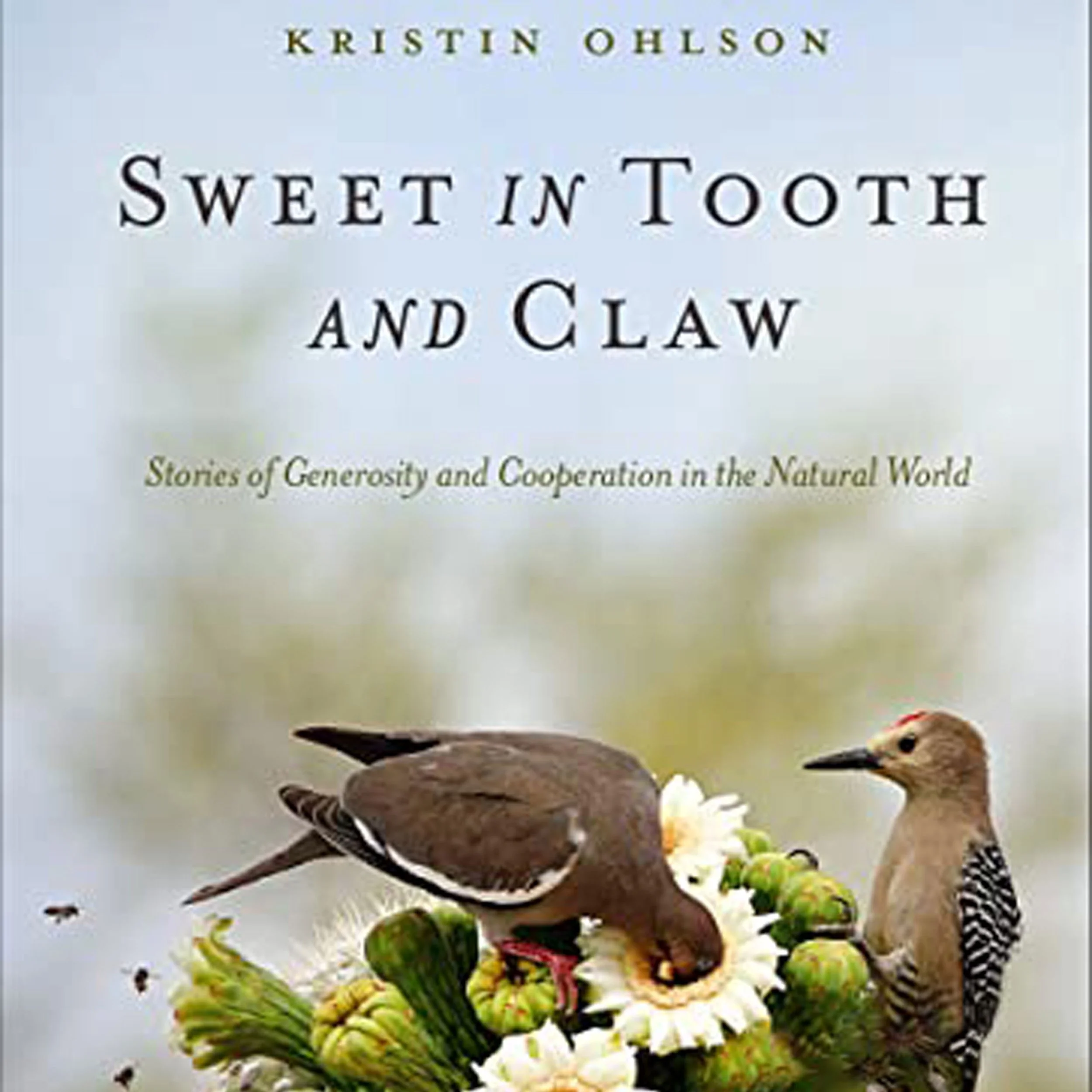Voices for the Planet: Scientists, Activists, Farmers & Filmmakers Speak Out
/Scientists, Activists, Farmers & Filmmakers Speak Out
PETA Founder Ingrid Newkirk, Cave Diver Jill Heinerth, IPCC Lead Author Joëlle Gergis, Director of the European Commission’s DG for Energy Paula Pinho, Co-Founder of The Best Bees Company Noah Wilson-Rich, Ecologist Carl Safina, Founder of The Ocean Agency Richard Vevers, Founding Father of the Circular Economy Walter Stahel, Founder of Advocacy Group F Minus, CEO of Legacy Agripartners Colin Steen, President of Source Global Neil Grimmer






